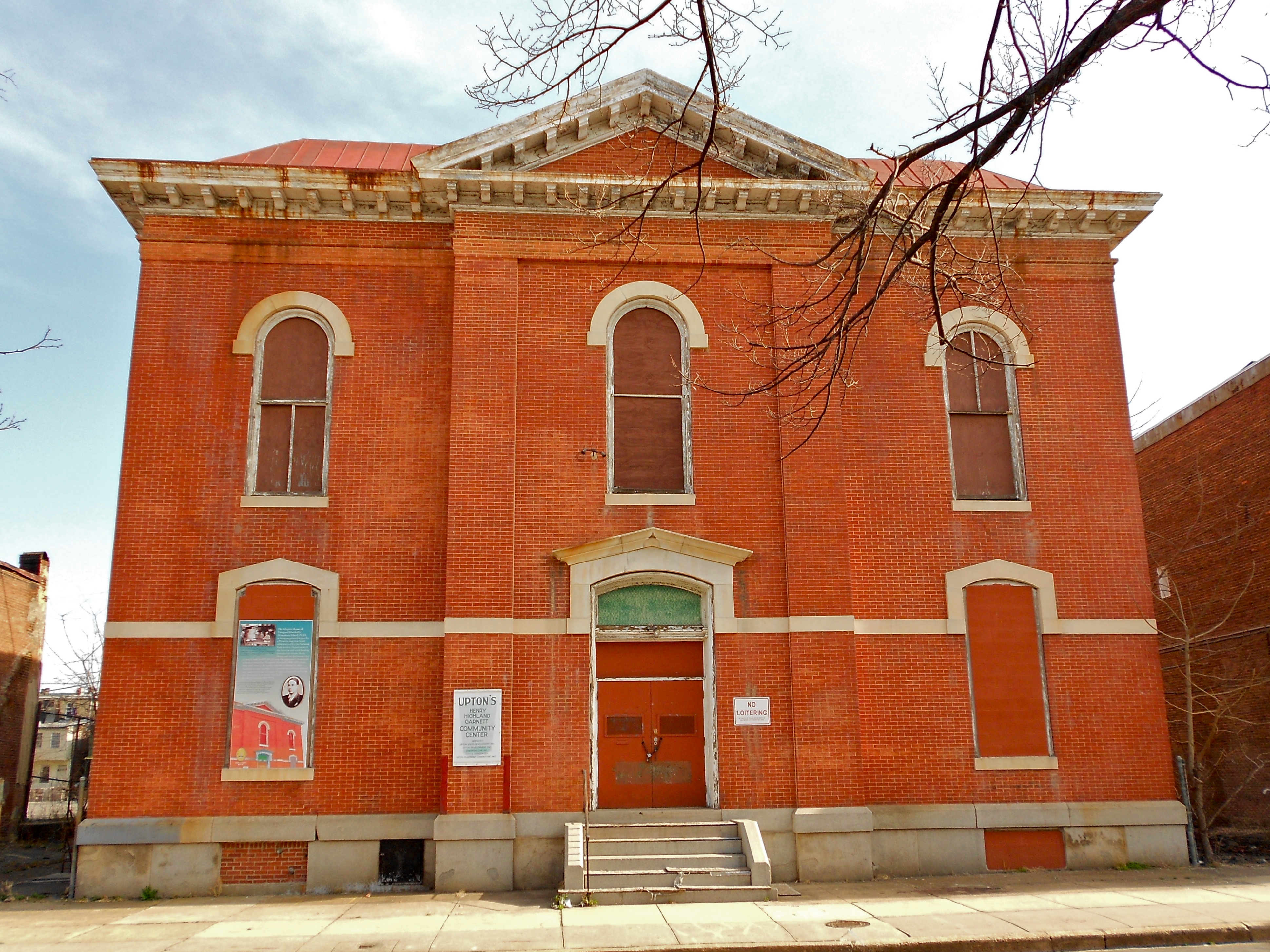Ending racial discrimination in jury selection can be accomplished only by eliminating peremptory challenges entirely.

"Thurgood Marshall" was an Associate Justice of the Supreme Court of the United States/Associate Justice of the United States Supreme Court, serving from October 1967 until October 1991. Marshall was the Court's List of Justices of the Supreme Court of the United States/96th justice and its List of African-American firsts/first African-American justice.
Before becoming a judge, Marshall was a lawyer who was best known for his high success rate in arguing before the Supreme Court and for the victory in Brown v. Board of Education, a decision that Desegregation/desegregated public schools. He served on the United States Court of Appeals for the Second Circuit after being appointed by US President/President John F. Kennedy and then served as the United States Solicitor General/Solicitor General after being appointed by President Lyndon Johnson in 1965. President Johnson nominated him to the United States Supreme Court in 1967.
If you enjoy these quotes, be sure to check out other famous judges! More Thurgood Marshall on Wikipedia.Mere access to the courthouse doors does not by itself assure a proper functioning of the adversary process.
Our whole constitutional heritage rebels at the thought of giving government the power to control men's minds.
If the 1st Amendment means anything, it means that a state has no business telling a man, sitting alone in his own house, what books he may read or what films he may watch.
It's said that if you can't say something good about a dead person, don't say it. Well, I consider him dead.
Sometimes history takes things into its own hands.
The measure of a country's greatness is its ability to retain compassion in times of crisis.
I have a lifetime appointment and I intend to serve it. I expect to die at 110, shot by a jealous husband.
What is the quality of your intent?Certain people have a way of saying things that shake us at the core. Even when the words do not seem harsh or offensive, the impact is shattering. What we could be experiencing is the intent behind the words. When we intend to do good, we do. When we intend to do harm, it happens. What each of us must come to realize is that our intent always comes thr.
In recognizing the humanity of our fellow beings, we pay ourselves the highest tribute.
Copyright © 2024 Electric Goat Media. All Rights Reserved.